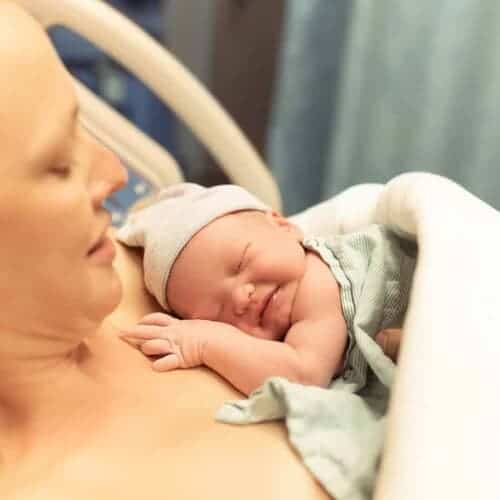Pregnancy Related Mental Health

Some feelings of worry and anxiety are common during pregnancy or after the birth of a baby. But if you or a loved one are feeling extreme worry, sadness, anxiety or depression, there may be something more serious going on.
Pregnancy and the first year after giving birth are a time of huge changes, and pregnancy-related depression and anxiety is the most common complication during this period of time. About 15 to 20% of women experience more significant symptoms of depression or anxiety.
If you or someone you love is suffering from pregnancy-related mental health issues, there are high-quality resources in our community to help.
You are not alone.
CUB Clinic at University of Denver Graduate School of Psychology 
Part the Graduate School of Professional Psychology at the University of Denver, the CUB Clinic offers services to support the mental health and developmental needs of pregnant and postpartum families with infants and young children.
Clinicians are advanced doctoral-level psychology students practicing under supervision of licensed clinical psychologists. If you are interested in meeting with a CUB Clinic therapist, please call 303-871-3626. Press 1 to speak with a Clinic Assistant and request a phone screen. Click here to learn more.
Colorado Perinatal Mental Health Project (CO PMHP) 
CO PMHP is the Colorado Chapter of Postpartum Support International and offers a variety of services and resources to help families feel better.
In addition to the Birth Squad support groups (see below for more information), CO PMHP connects families with a variety of help resources including online support groups, a Helpline that you can call or text, peer mentors, and more.
You can also find a therapist, support group, lactation consultant, or doula using the Online Provider Directory, a searchable list of professionals who specialize in working with moms and birthers.
CO PMHP also offers networking, resources and training for perinatal and mental health professionals.
Learn About Doulas: Culturally Sensitive Birthing Support

Birth doulas are non medical professionals whose role is to guide and serve a person going through childbirth.
Doulas provide physical and emotional support to the birthing parent, as well as partner support. Doulas can help increase comfort with touch, breathing techniques, and tools to help position the baby in the birth canal.
Doulas help families feel supported throughout the emotional experience of giving birth. Working with a doula can also be a way to ensure that your culture, religious and other preferences are respected.
Looking for a childbirth doula?
- You can request doula services from the Elephant Circle, a nonprofit, by clicking here.
- The Family Navigation Team can also connect your family with culturally sensitive birthing support. Click here to request support.
Mental health disorders during pregnancy and the postpartum period
The information in this section is from Postpartum Support International (PSI).
Depression During Pregnancy & Postpartum (PPD)
One may feel anger, sadness, irritability, guilt, lack of interest in the baby, changes in eating and sleeping habits, trouble concentrating, thoughts of hopelessness and sometimes even thoughts of harming the baby or themselves. LEARN MORE
Anxiety During Pregnancy & Postpartum (PPA)
One may experience extreme worries and fears, often over the health and safety of the baby. Some people have panic attacks and might feel shortness of breath, chest pain, dizziness, a feeling of losing control, or numbness and tingling. LEARN MORE
Pregnancy or Postpartum Obsessive-Compulsive Disorder (PPOCD)
One may have repetitive, upsetting and unwanted thoughts or mental images (obsessions), and sometimes need to do certain things over and over (compulsions) to reduce the anxiety caused by those thoughts. LEARN MORE
Postpartum Post-Traumatic Stress Disorder (PPTSD)
Often caused by a traumatic or frightening childbirth or past trauma. Symptoms may include flashbacks of the trauma with feelings of anxiety. LEARN MORE
Bipolar Mood Disorders
Many people are diagnosed for the first time with bipolar depression or mania during pregnancy or postpartum. LEARN MORE
Postpartum Psychosis (PPT)
One may hallucinate, or see and hear voices or images that others can’t. They may believe things that aren’t true and distrust those around them. This severe condition is dangerous; seek help immediately. LEARN MORE


